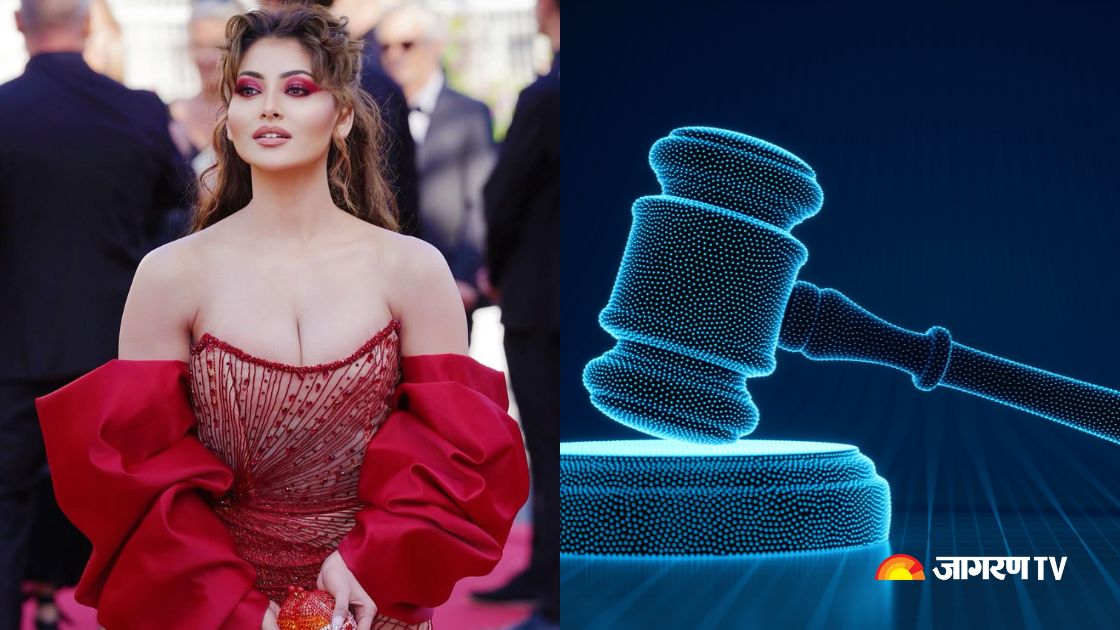Urvashi Rautela’s Leaked Bathroom Video: Indian Legal Provision Against The Non-consensual Sharing of Intimate Images

Urvashi Rautela Video Leak: Bollywood actress Urvashi Rautela known for movies like ‘Singh Saab The Great’ and ‘Love Dose’ music video alongside Yo Yo Honey Singh is at the center of a severe controversy. An intimate video of Rautela undressing in what seems to be a bathroom setting is going viral on social media. The video has left the internet divided, wondering whether it is a PR stunt or a breach of privacy. In the latter case, how could women in India seek legal aid after falling prey to the non-consensual sharing of Intimate images, found in this article?
Urvashi Rautela’s leaked phone call with manager
In the recent updates after the video leak, the actress chose to remain silent on the matter. But in another unfortunate turn of events, her phone call with her manager has been leaked. Rautela is talking to her manager about the leaked video, evidently furious about the instance she remarks, “Have you seen the video? I just don’t understand ki how these things are going out. I need to get on a call with them immediately.”
Adding to her response, the manager advised her to continue this conversation in person rather than on call for some unknown reason. With the leaked phone call, it is speculated that her phone’s privacy too has been compromised.
Legal provisions in India against NCSIA
The non-consensual sharing of intimate images (NCSIA) in India turned to be a common complaint post the internet boom and cheap internet plans in the country. The nature of the offense makes it fall under the violation of privacy, consent, and cybercrime.
In Indian legal terminology, the non-consensual sharing of intimate images is called Voyeurism- a sanctioned crime under the previously applied IPC section 354 C.
The use of the electronic medium for the NCSIA makes it an IT crime, ruled under the IT Act 2000.
Section 66E of IT Act, 2000 for the violation of privacy covers the transmission of images displaying “a private area of any person without his or her consent” for which they can be subjected to three years of imprisonment/a fine up to Rs 2 Lakhs or both which would also violate the right to life under Article 21 of Constitution of India.
Sections 67 and 67A deal with punishment for publishing or transmitting obscene material in electronic form and punishment for publishing or transmitting material containing sexually explicit acts, etc. in electronic form respectively.
While the internet may seem to be concerned with the act being a “cheap publicity stunt” the real concern of the matter still stands to be the fragile privacy of women and repeated attempts to infringe on their dignity and social reputation.
Related videos
-
Urvashi Rautela Clears Her Controversial Remarks About ‘A Temple In Her Name’ ...
-
Orry Reveals Taking Revenge On Urvashi Rautela At Her Birthday Party, “I was feeling very ...
-
Celebrity Fitness: Urvashi Rautela’s Workout and Diet Routine to Get a Fit Body ...
-
Urvashi Rautella Trolled For Flaunting Her Luxury Watch When Asked About Saif Ali Khan’s Attack ...









